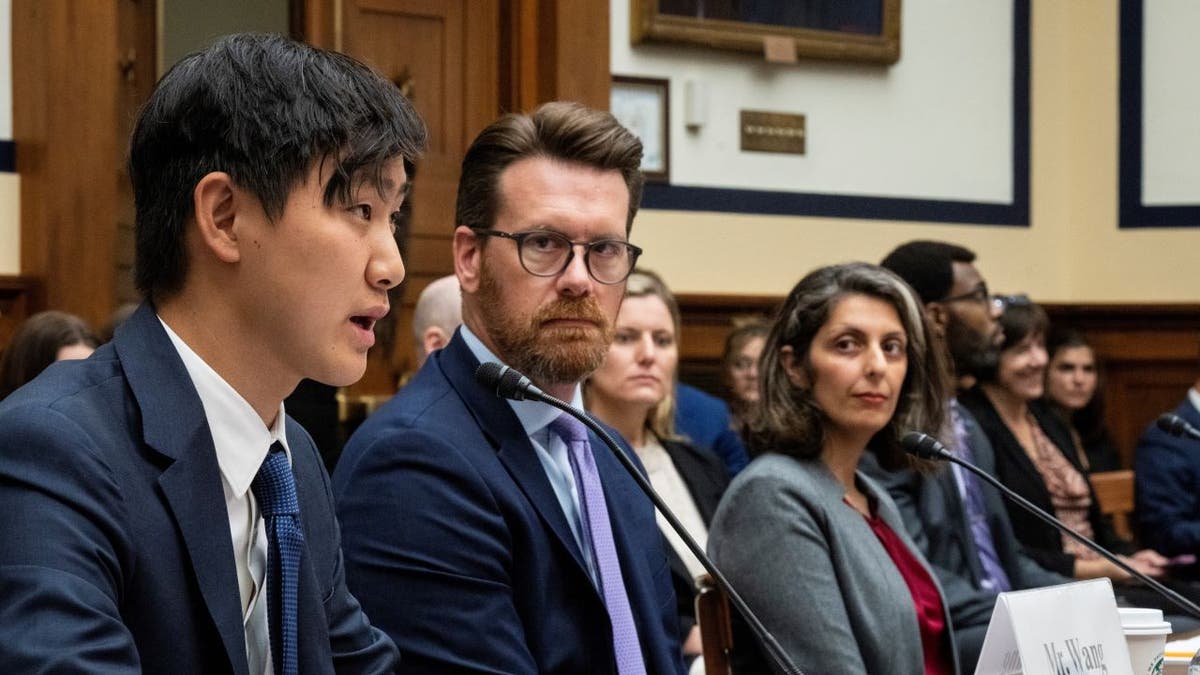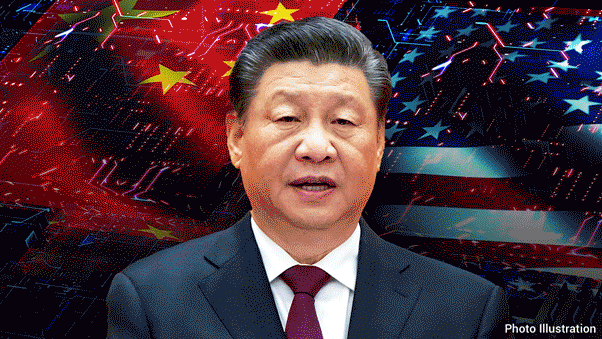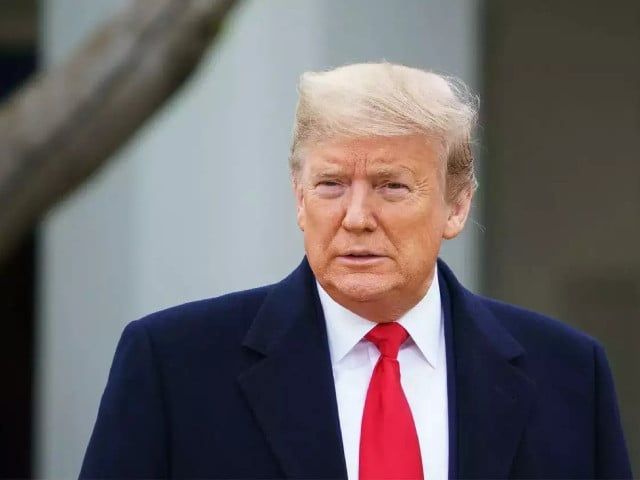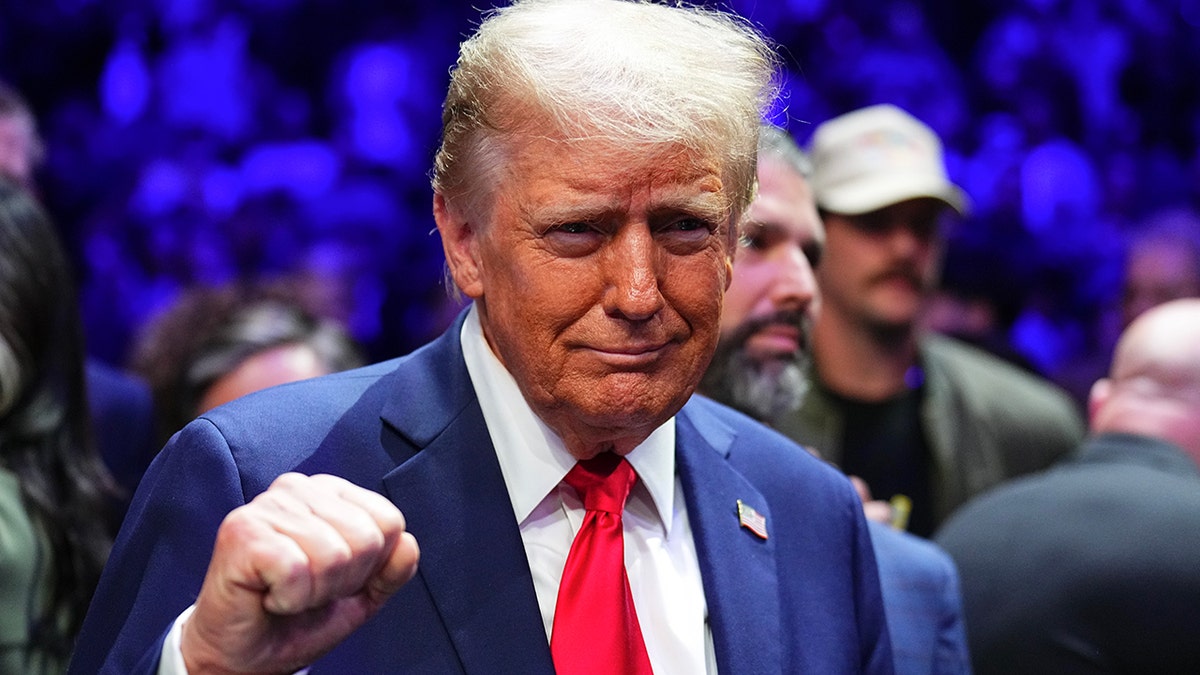Scale AI CEO Alexandr Wang, a 26-year-old billionaire, recently testified before the House Armed Services Committee, warning that China is outspending the United States by a factor of three in the race for artificial intelligence dominance. Wang emphasized the strategic importance of AI in warfare, stating that falling behind in AI development could jeopardize America's global standing, technological leadership, and even democracy.

Wang, whose parents were nuclear physicists at Los Alamos National Laboratory, founded Scale AI in 2016 after dropping out of MIT. He recounted his observations from an investor trip to China four years prior, where he witnessed the country's aggressive pursuit of AI technologies, particularly in areas like facial recognition and computer vision, primarily for surveillance and repression. He pointed out that China is mobilizing its entire industrial base towards AI development and has launched a staggering 79 large language models since 2020, likening their efforts to the Apollo Project.

Despite China's ambitions, Wang highlighted America's continued advantages, including attracting top AI talent and possessing vast amounts of data, especially from its substantial military hardware. He estimated this hardware generates 22 terabytes of data daily, a potential "insurmountable data advantage" for military AI applications. However, he stressed the need for the Pentagon to adapt to this data deluge, establishing efficient processes for collection and conversion into usable AI datasets.

Wang advocated for a centralized data repository to streamline data processing and preparation for AI use across all military branches and programs. While acknowledging the shared concern over AI potentially surpassing human control, he dismissed the idea of collaboration with China on AI development, citing the CCP's focus on utilizing AI for control and surveillance. He firmly believes the US and China are not aligned on this critical issue.








